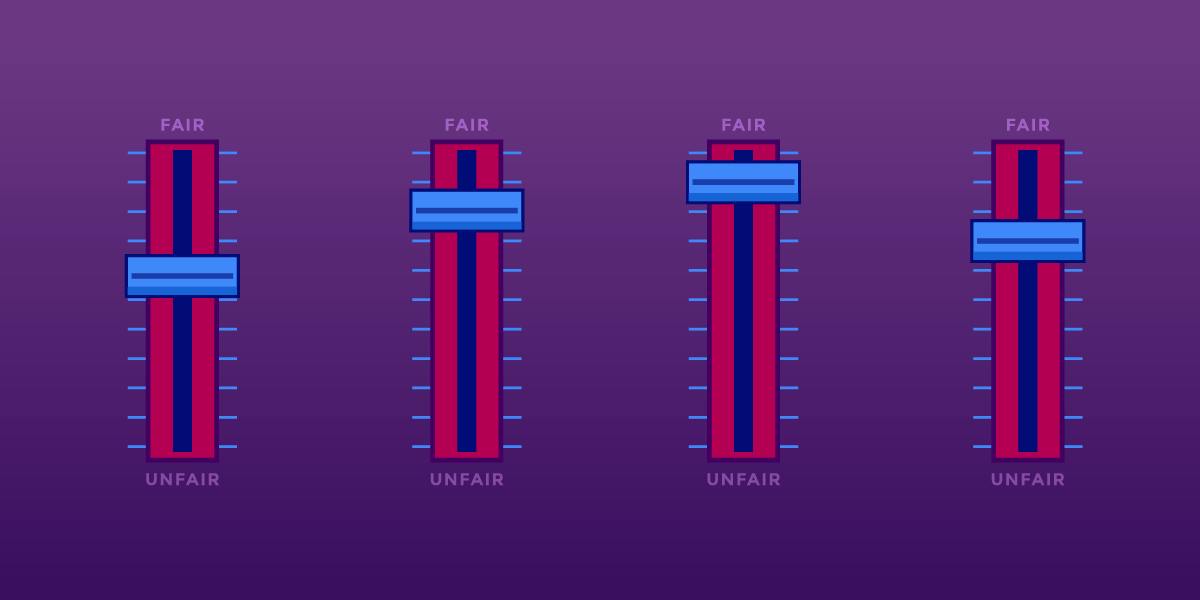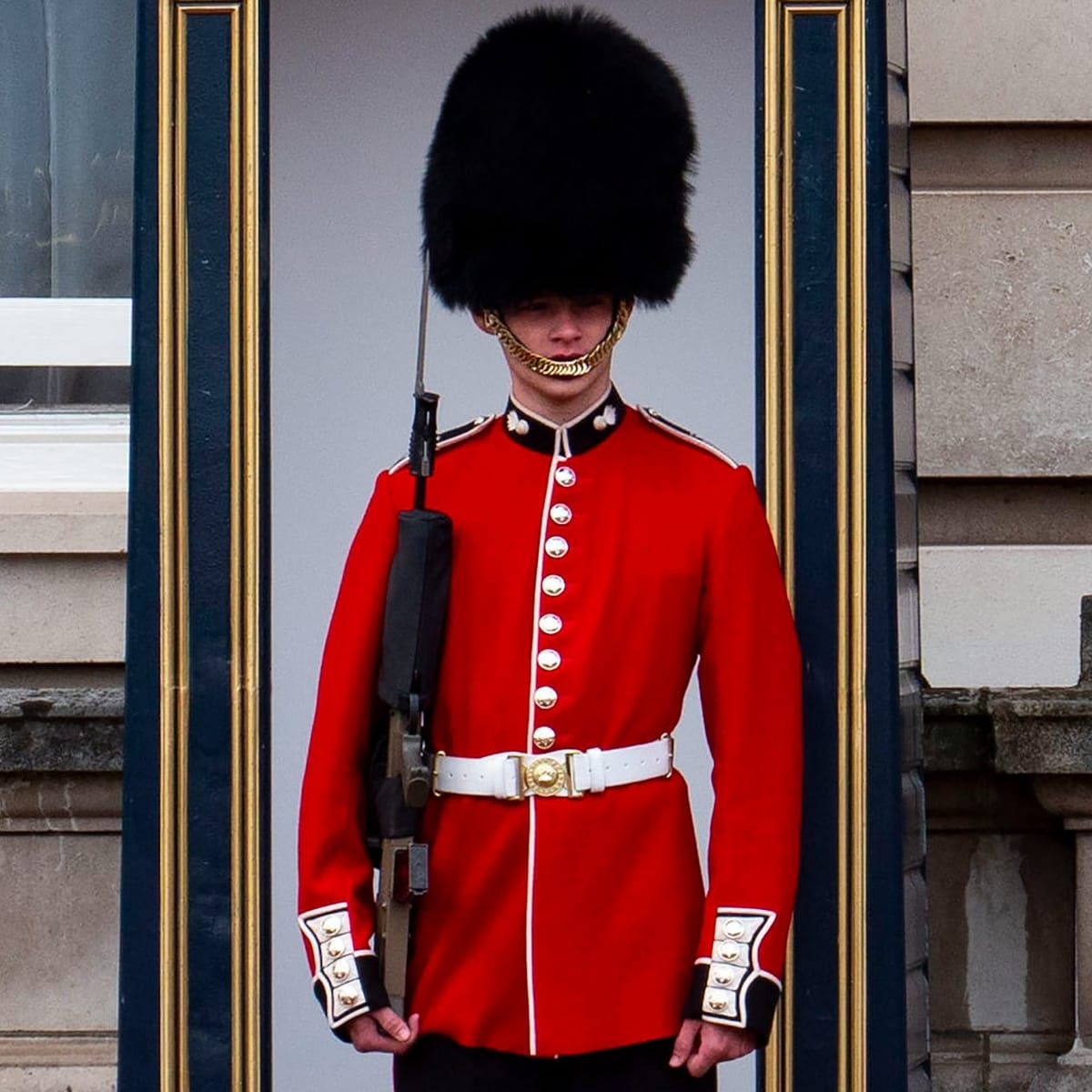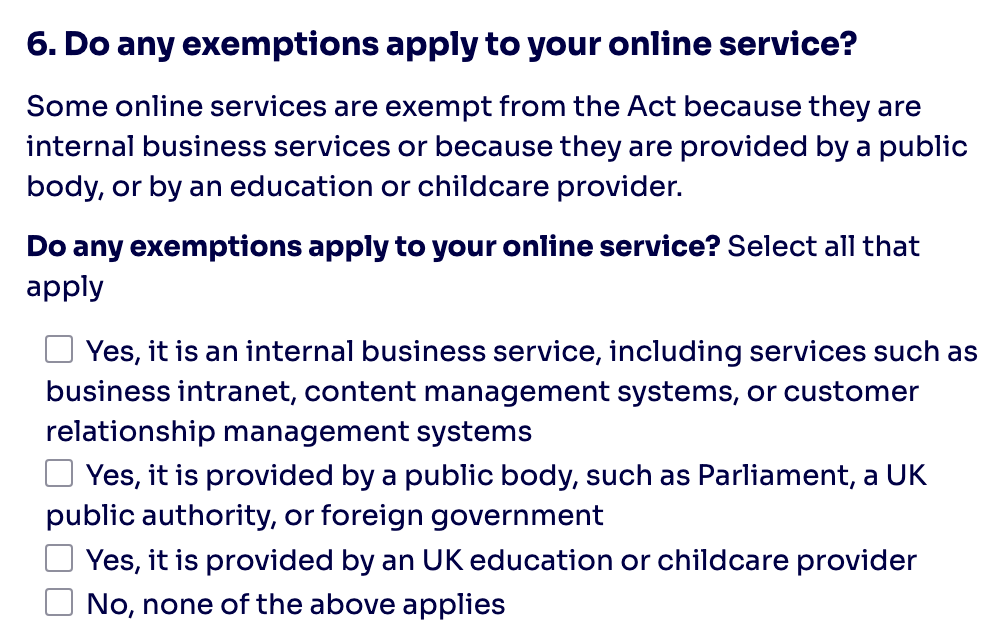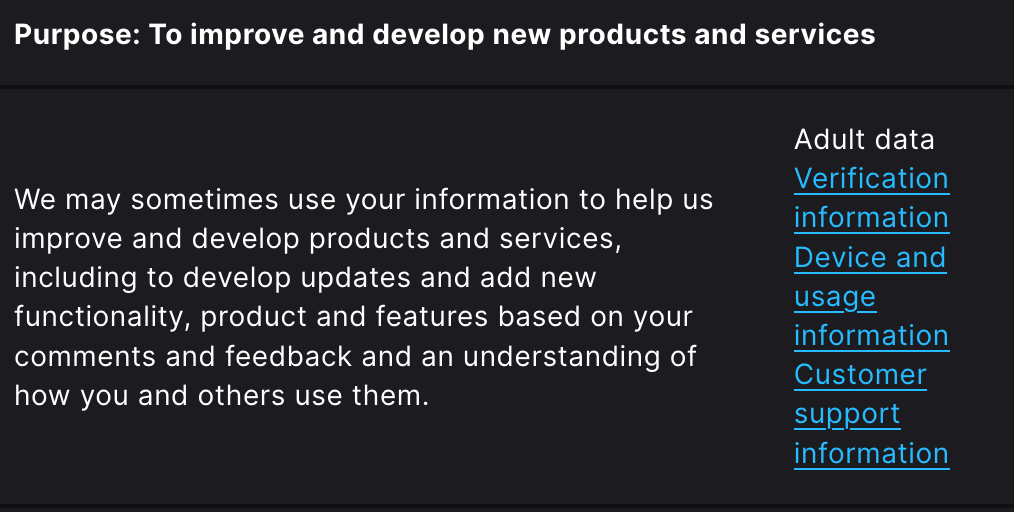/cdn.vox-cdn.com/uploads/chorus_asset/file/23318437/akrales_220309_4977_0292.jpg)
Online age verification is coming, and privacy is on the chopping block
The future of the internet could be at stake.
The internet could soon become a very different place.
By Emma Roth, a news writer who covers the streaming wars, consumer tech, crypto, social media, and much more. Previously, she was a writer and editor at MUO.
May 15, 2023, 10:00 AM EDT|
A spate of child safety rules might make going online in a few years very different, and not just for kids. In 2022 and 2023, numerous states and countries are exploring age verification requirements for the internet, either as an implicit demand or a formal rule. The laws are positioned as a way to protect children on a dangerous internet. But the price of that protection might be high: nothing less than the privacy of, well, everyone.
Government agencies, private companies, and academic researchers have spent years seeking a way to solve the thorny question of how to check internet users’ ages without the risk of revealing intimate information about their online lives. But after all that time, privacy and civil liberties advocates still aren’t convinced the government is ready for the challenge.
“When you have so many proposals floating around, it’s hard to ensure that everything is constitutionally sound and actually effective for kids,” Cody Venzke, a senior policy counsel at the American Civil Liberties Union (ACLU), tells The Verge. “Because it’s so difficult to identify who’s a kid online, it’s going to prevent adults from accessing content online as well.”
In the US and abroad, lawmakers want to limit children’s access to two things: social networks and porn sites. Louisiana, Arkansas, and Utah have all passed laws that set rules for underage users on social media. Meanwhile, multiple US federal bills are on the table, and so are laws in other countries, like the UK’s Online Safety Bill. Some of these laws demand specific features from age verification tools. Others simply punish sites for letting anyone underage use them — a more subtle request for verification.
Online age verification isn’t a new concept. In the US, laws like the Children’s Online Privacy Protection Act (COPPA) already apply special rules to people under 13. And almost everyone who has used the internet — including major platforms like YouTube and Facebook — has checked a box to access adult content or entered a birth date to create an account. But there’s also almost nothing to stop them from faking it.
As a result, lawmakers are calling for more stringent verification methods. “From bullying and sex trafficking to addiction and explicit content, social media companies subject children and teens to a wide variety of content that can hurt them, emotionally and physically,” Senator Tom Cotton (R-AR), the backer of the Protect Kids Online Act, said. “Just as parents safeguard their kids from threats in the real world, they need the opportunity to protect their children online.”
Age verification systems fall into a handful of categories. The most common option is to rely on a third party that knows your identity — by directly validating a credit card or government-issued ID, for instance, or by signing up for a digital intermediary like Allpasstrust, the service Louisianans must use for porn access.
More experimentally, there are solutions that estimate a user’s age without an ID. One potential option, which is already used by Facebook and Instagram, would use a camera and facial recognition to guess whether you’re 18. Another, which is highlighted as a potential age verification solution by France’s National Commission on Informatics and Liberty (CNIL), would “guess” your age based on your online activity.
As pointed out by CNIL’s report on various online age verification options, all these methods have serious flaws. CNIL notes that identifying someone’s age with a credit card would be relatively easy since the security infrastructure is already there for online payments. But some adult users — especially those with lower incomes — may not have a card, which would seriously limit their ability to access online services. The same goes for verification methods using government-issued IDs. Children can also snap up a card that’s lying around the house to verify their age.
Similarly, the Congressional Research Service (CRS) has expressed concerns about online age verification. In a report it updated in March, the US legislature’s in-house research institute found that many kids aged 16 to 19 might not have a government-issued ID, such as a driver’s license, that they can use to verify their age online. While it says kids could use their student ID instead, it notes that they may be easier to fake than a government-issued ID. The CRS isn’t totally on board with relying on a national digital ID system for online age verification either, as it could “raise privacy and security concerns.”
Face-based age detection might seem like a quick fix to these concerns. And unlike a credit card — or full-fledged facial identification tools — it doesn’t necessarily tell a site who you are, just whether it thinks you’re over 18.
But these systems may not accurately identify the age of a person. Yoti, the facial analysis service used by Facebook and Instagram, claims it can estimate the age of people 13 to 17 years old as under 25 with 99.93 percent accuracy while identifying kids that are six to 11 years old as under 13 with 98.35 percent accuracy. This study doesn’t include any data on distinguishing between young teens and older ones, however — a crucial element for many young people.
Although Yoti claims its system has no “discernible bias across gender or skin tone,” previous research indicates that facial recognition services are less reliable for people of color, gender-nonconforming people, and people with facial differences or asymmetry. This would, again, unfairly block certain people from accessing the internet.
It also poses a host of privacy risks, as the companies that capture facial recognition data would need to ensure that this biometric data doesn’t get stolen by bad actors. UK civil liberties group Big Brother Watch argues that “face prints’ are as sensitive as fingerprints” and that “collecting biometric data of this scale inherently puts people’s privacy at risk.” CNIL points out that you could mitigate some risks by performing facial recognition locally on a user’s device — but that doesn’t solve the broader problems.
Inferring ages based on browsing history raises even more problems. This kind of inferential system has been implemented on platforms like Facebook and TikTok, both of which use AI to detect whether a user is under the age of 13 based on their activity on the platform. That includes scanning a user’s activity for “happy birthday” messages or comments that indicate they’re too young to have an account. But the system hasn’t been explored on a larger scale — where it could involve having an AI scan your entire browsing history and estimate your age based on your searches and the sites you interact with. That would amount to large-scale digital surveillance, and CNIL outright calls the system “intrusive.” It’s not even clear how well it would work.
In France, where lawmakers are working to restrict access to porn sites, CNIL worked with Ecole Polytechnique professor Olivier Blazy to develop a solution that attempts to minimize the amount of user information sent to a website. The proposed method involves using an ephemeral “token” that sends your browser or phone a “challenge” when accessing an age-restricted website. That challenge would then get relayed to a third party that can authenticate your age, like your bank, internet provider, or a digital ID service, which would issue its approval, allowing you to access the website.
The system’s goal is to make sure a user is old enough to access a service without revealing any personal details, either to the website they’re using or the companies and governments providing the ID check. The third party “only knows you are doing an age check but not for what,” Blazy explains to The Verge, and the website would not know which service verified your age nor any of the details from that transaction.
Blazy hopes this system can prevent very young children from accessing explicit content. But even with this complex solution, he acknowledges that users in France will be able to get around the method by using a virtual private network (VPN) to conceal their location. This is a problem that plagues nearly any location-specific verification system: as long as another government lets people access a site more easily, users can route their traffic through it. The only surefire solution would be draconian crackdowns on privacy tools that would dramatically compromise freedom online.







